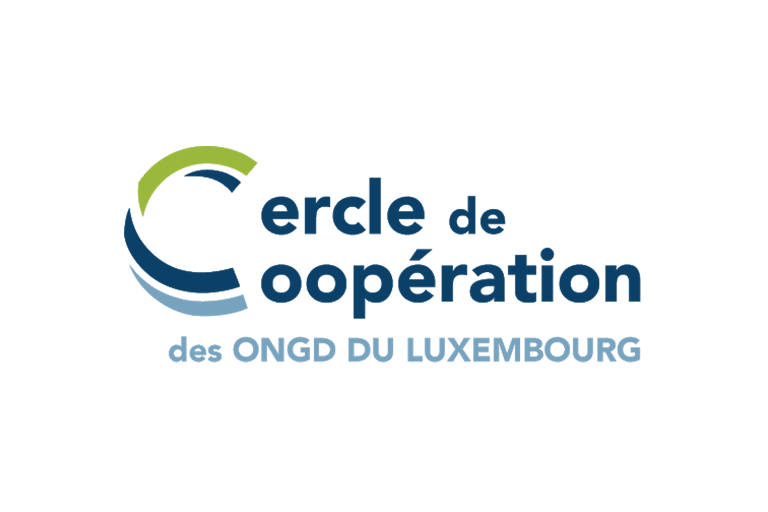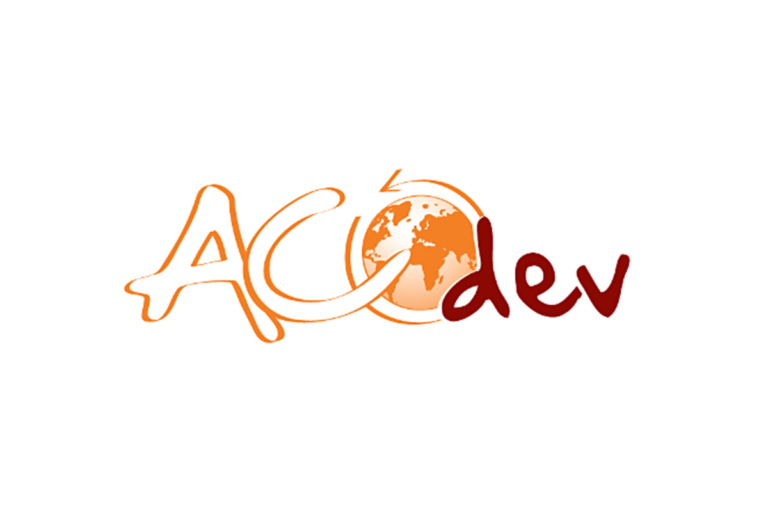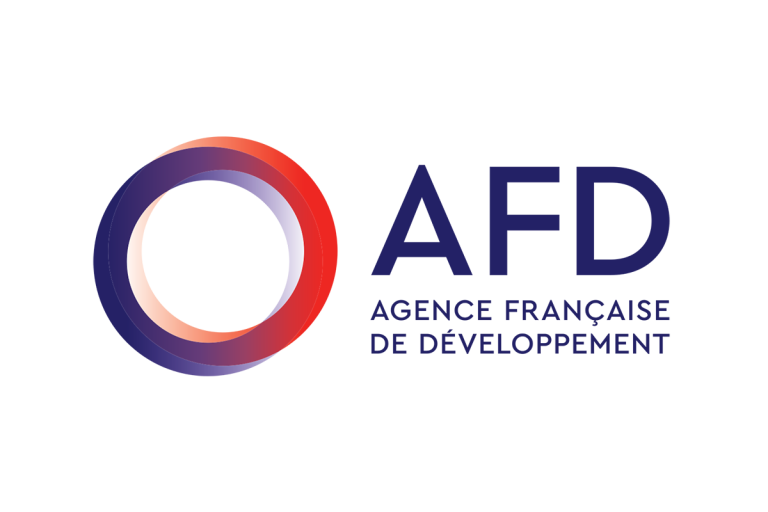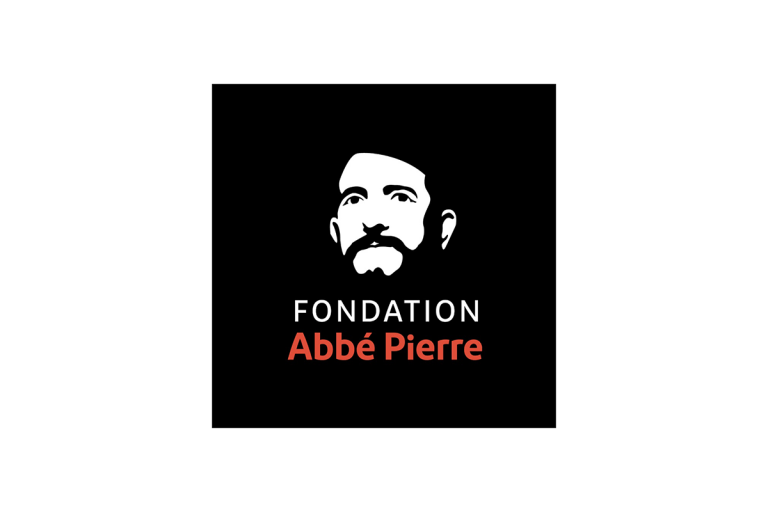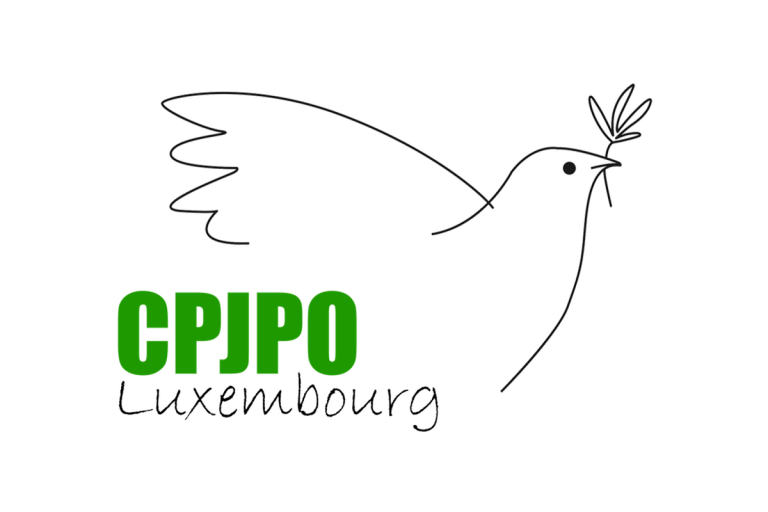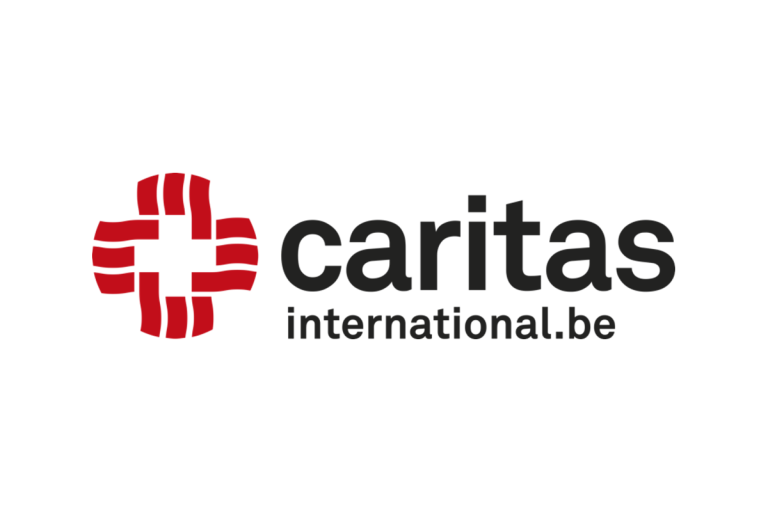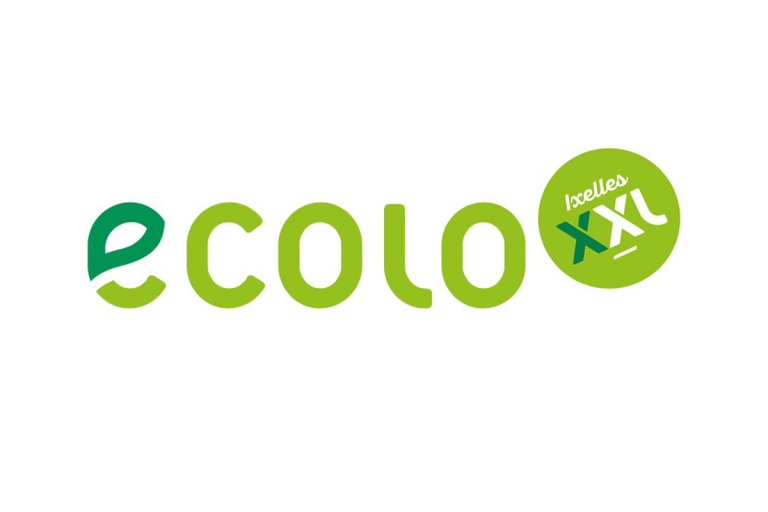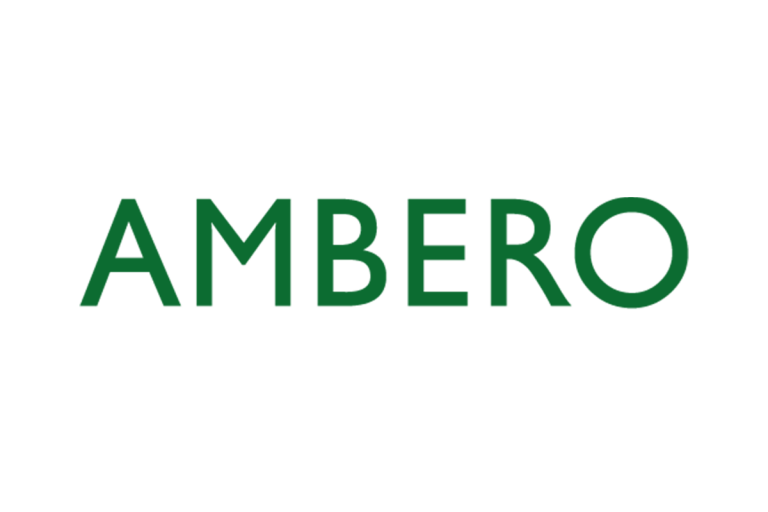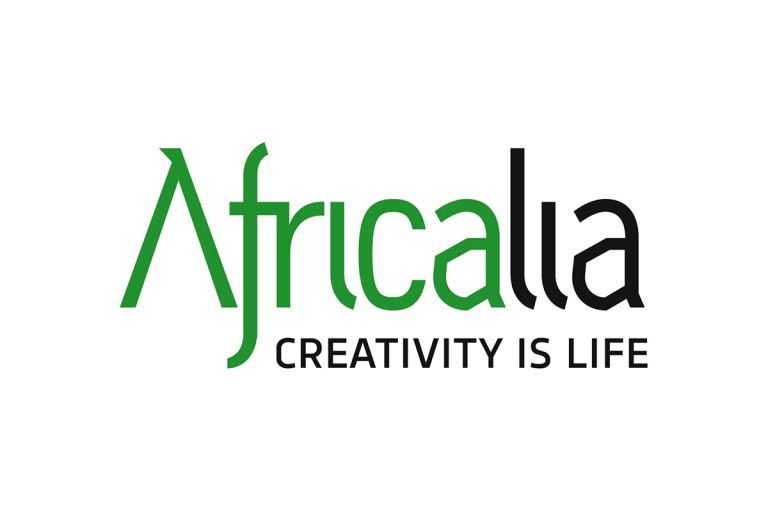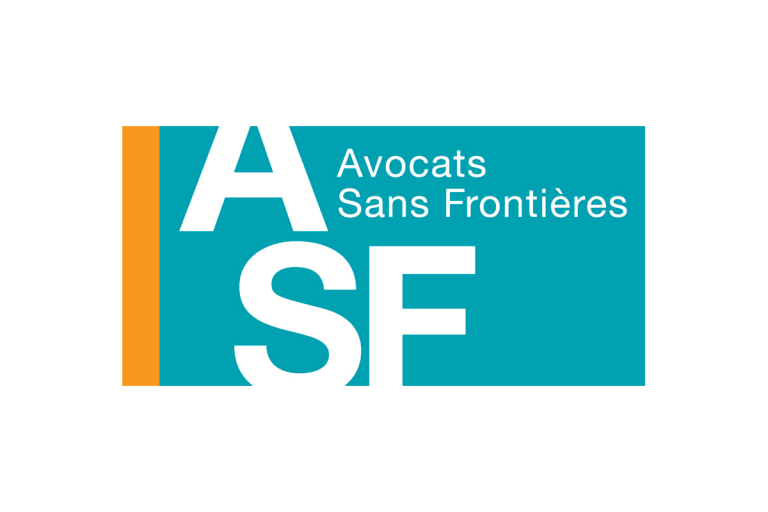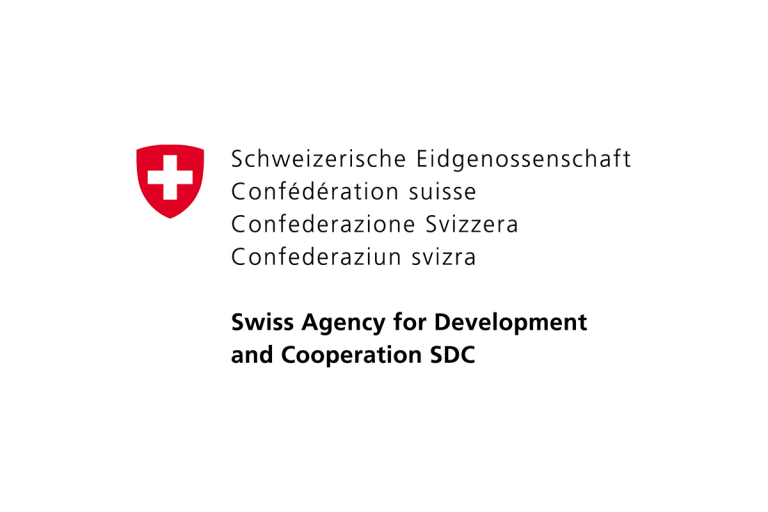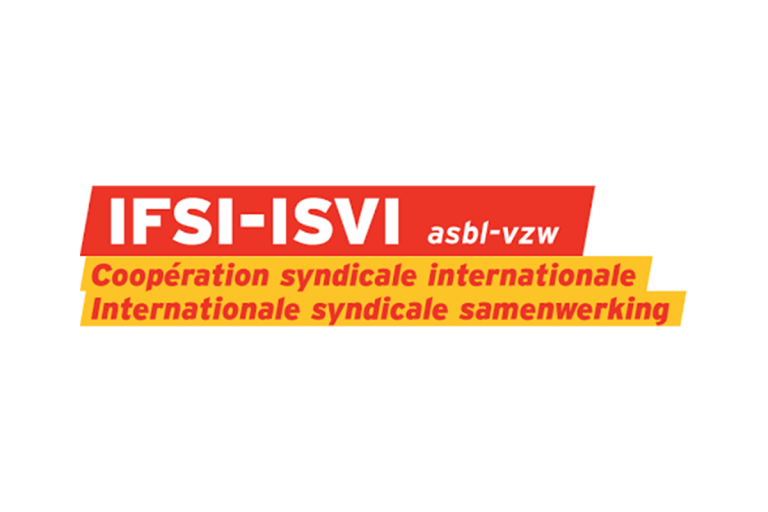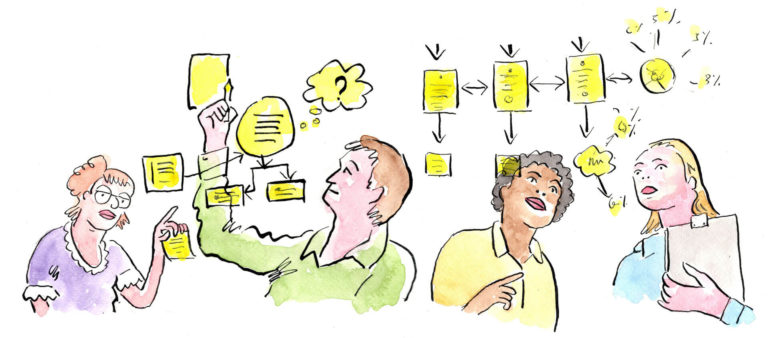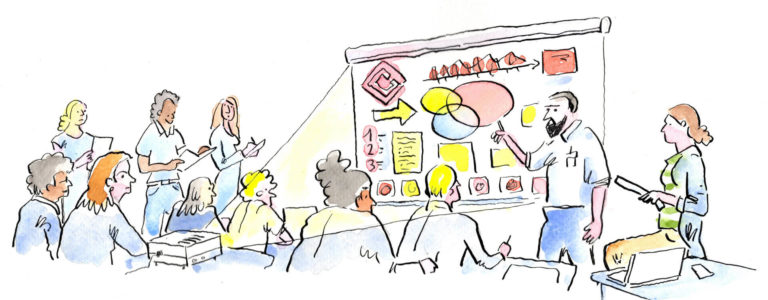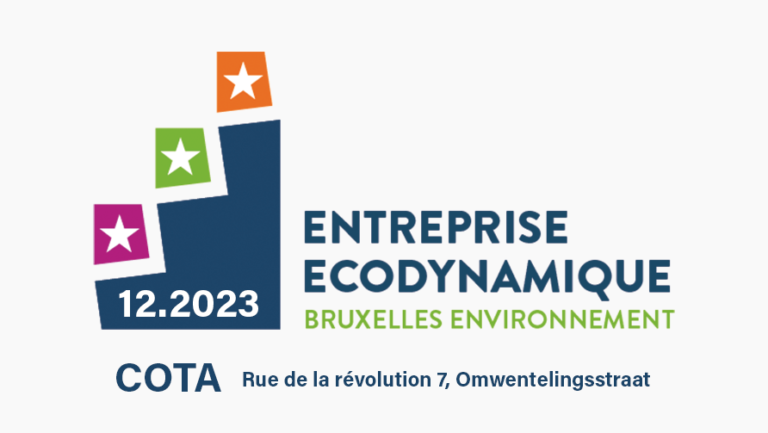This study, advice and facilitation service aims to build the capacity of AFD’s current and potential counterparts in the context of the appraisal and implementation of its operations. As such, the Cota, as a tier 1 contractor, will be responsible, at the request of the agency:
Carrying out diagnoses (of context, organisational, institutional, project management capacities);
The development of capacity building strategies (sizing of project management assistance or technical support, preparation of capacity building plans);
The implementation of monitoring and evaluation systems.
May 2019 to May 2020, renewable three times a year.
Missions carried out
2019
- ASTBEF diagnosis (Chad)
- Support for the definition of the “capacity building” component of a support grant intended for the Ministry of Finance, Economy and Development (Burkina-Faso)
2020
- Moderation of workshops for the co-construction of a technical support system as part of the sector budget support (SBS) project for tax reform in Niger
2021
- Participatory organizational diagnosis and support strategy for capacity building (RC) of the Ministry of National Education, Literacy and the Promotion of National Languages (MENAPLN) Applied to Education in Emergency Situations – Burkina Faso
- Feasibility study for a support project for the mobilization of internal resources in The Gambia
- Support for the introduction of performance bonuses for the PROGOUV project and ownership of the related TA mechanism (Djibouti)
2022
- Animation of a co-construction process of the support project for the urban community of Antananarivo (Madagascar)
- Main facilitator-moderator for the co-construction and stakeholder dialogue workshop around the adaptive social protection program in the Rio Yaque del Sur watershed (Dominican Republic)
- Support for the organization, preparation, animation and facilitation of a workshop for the development of the master plan of the General Directorate of the Treasury of the Ministry of Economy and Finance of Madagascar

